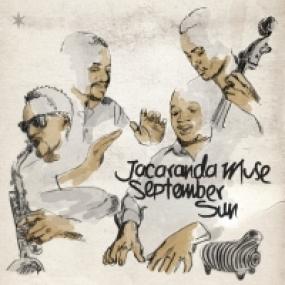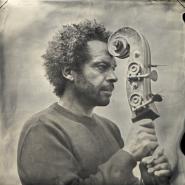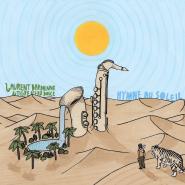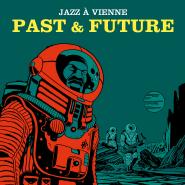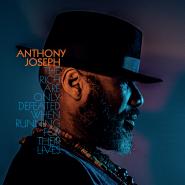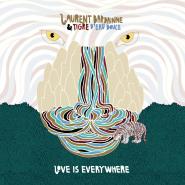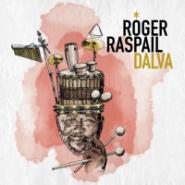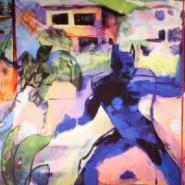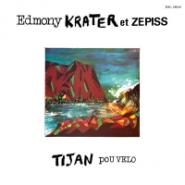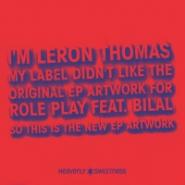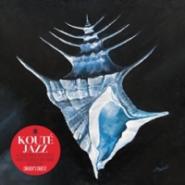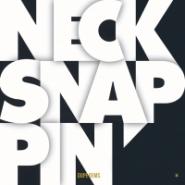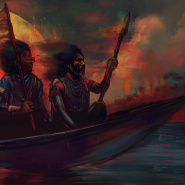SEPTEMBER SUN by JACARANDA MUSE
CD Version
| SKU | 67347 |
| Artist | JACARANDA MUSE |
| Title | SEPTEMBER SUN |
| Label | HEAVENLY SWEETNESS |
| Catalog # | HS065CD |
| Tag | |
| Release | W 47 - 2012 |
| Format | CD - EUCD |
| Benelux exclusive, Exclusive | |
| € 16,50 | incl. VAT, excl. shipping |
Tracks
- September Sun
- Thirty five
- Let you go
- Emergency Exit
- Still in love
- Kunakirwa
- Coming home
- Moonlight
- Free fall
- Underwater subway
Description
Like their American Third Stream predecessors, the three musicians on stage, Donald Chifamba on cello, Vimbai Mukarati on sax and vocals and his brother Tinashe on congas and marimbas, accompanied by the experienced pianist Filbert Marova, produced a kind of music that resisted any kind of stylistic pigeon-holing. It also mixed the influences of classical music and jazz but added in pop, soul and the melodies of their Shona culture.Far from the erudite elitism of the theorist of the Third Stream genre, Gunter Schüller, their compositions had a simplicity of melody and an earthy drive that entranced the audience and awakened my appetite for production.
Thanks to the enthusiasm of the Alliance Française and its Director Charles Houdart, a date was made to record a CD of Jacaranda Muse, their new name, in December 2011. So we shut ourselves away in the simple but practical Thulani studio for three days of live takes together, in an effort to capture the raw emotion of their music.
The recording of this album was a first for the youngest of them but their performing experience goes back to their early adolescence. Donald and Vimbai, aged 22, met as schoolboys attending the prestigious Prince Edward School in Harare, a state secondary school where musical education, both classical and jazz, plays an important part and where Tinashe had also been educated a few years earlier. All three had already toured in Europe or in the United States with other traditional, hip-hop or classical music groups.
Filbert, the oldest member of the group, was the pianist with the Cool Crooners with whom he played in France in the early 2000s, and who, for the last fifteen years, has been a well-known figure in Zimbabwean “township” jazz.
Although it naturally incorporates the elements of their national culture, like the mbira (the Shona thumb piano), it is impossible to reduce the music of Jacaranda Muse to a specific genre or a geographical location. From the “English pop” melody of September Sun to the mutating jazz of Free Fall, from the “white” quality of the timbre of Vimbai’s voice to the sound of Donald’s classical cello, you will almost certainly find your preconceptions about the supposed nature of Zimbabwean music being overturned.
Going beyond the assertions of musical identity made by their predecessors or the reductive Western vision greedy for easily digestible genres (Nigerian Afrobeat, Zairean Rumba, etc), Jacaranda Muse, like their contemporary ‘cousins’ in Paris, Chicago or Tokyo, have left stylistic arguments behind to produce a form of music for the 21st century that is both authentic and drawn from many cultural sources.
Antoine Rajon

